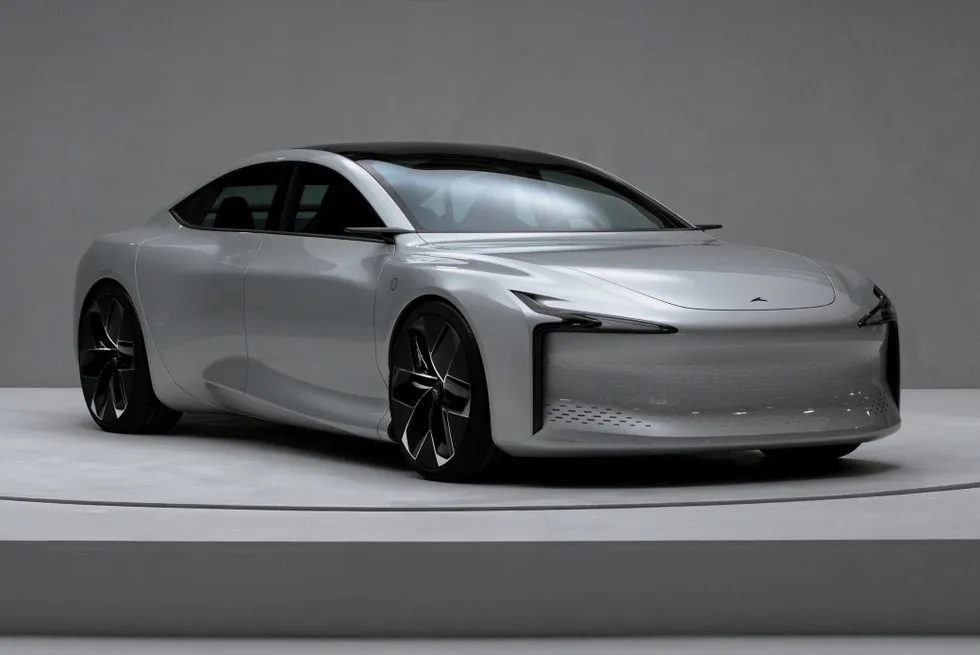Luxury hydrogen auto maker Hopium puts development of its only car on the backburner as share price slumps
French company will prioritise the development of its fuel-cell technology, apparently in the hope of generating income in the short term

French company will prioritise the development of its fuel-cell technology, apparently in the hope of generating income in the short term
